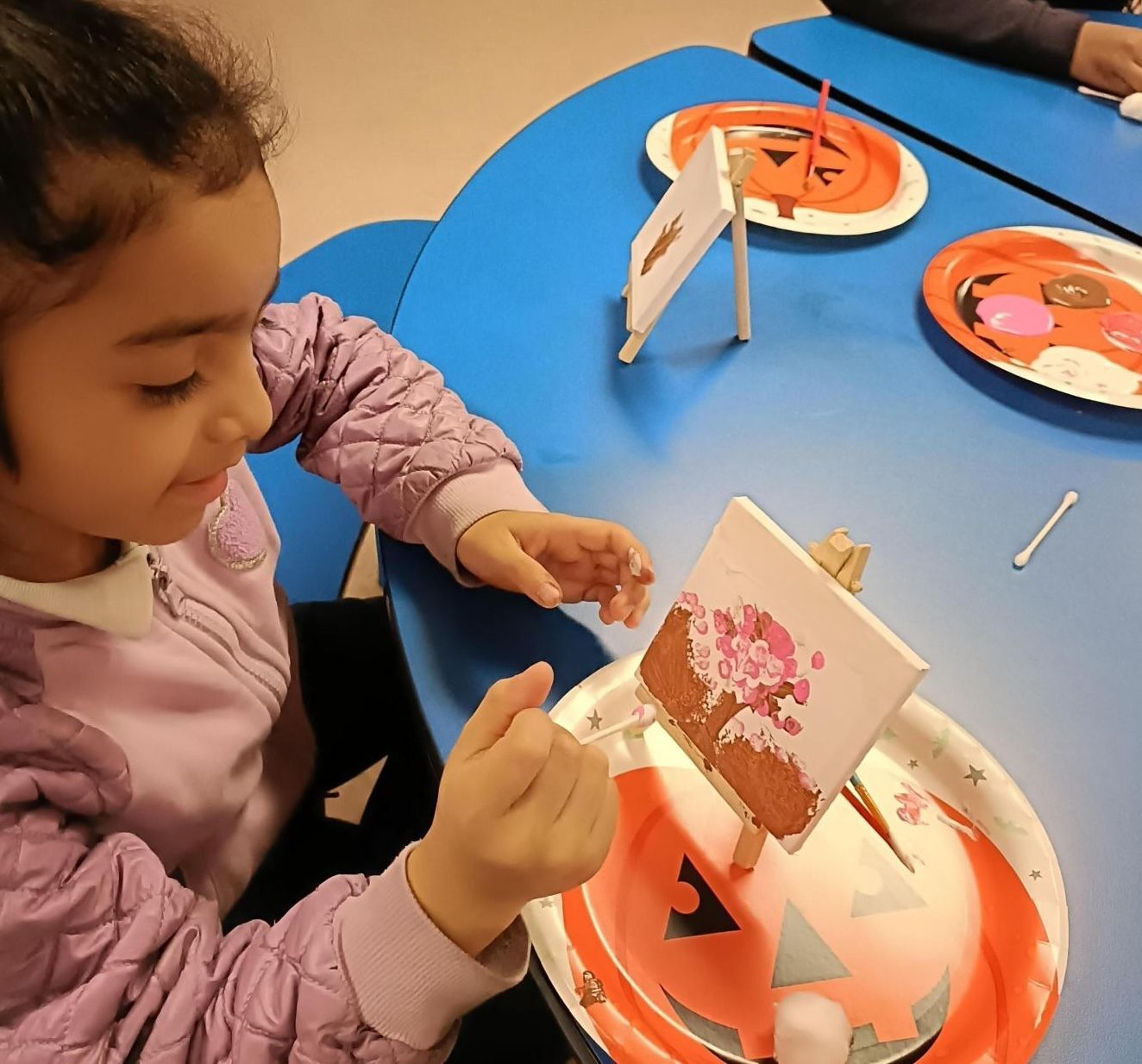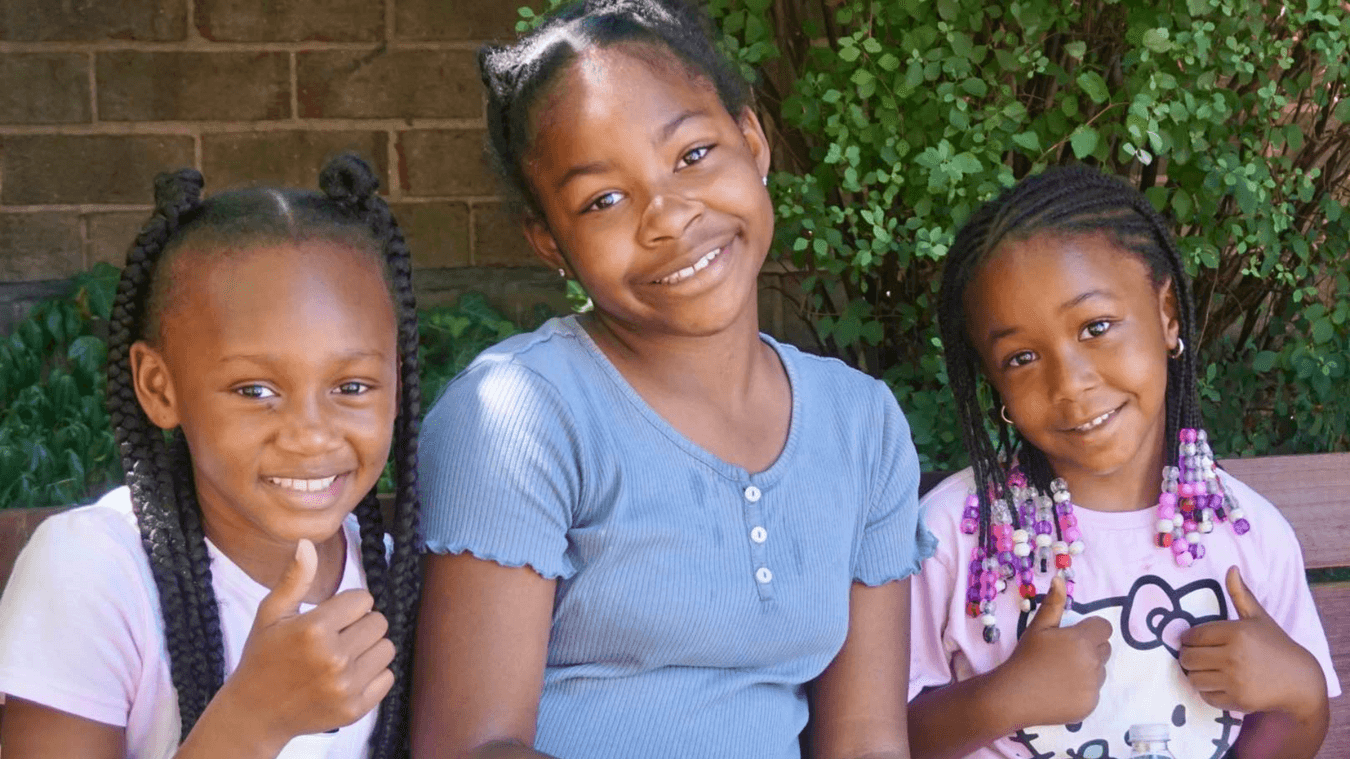
Play is a natural part of being a child, but at Playtime Project we know there is a lot more to it. Our weekly play programs are guided by a comprehensive curriculum that is trauma-informed and supports our three domains of healing and learning. What are those domains and how do they prepare children for a healthy, happy, and stable future?
1.Social-Emotional Learning
Social-emotional learning (SEL) is a term used to describe learning that fosters and develops life skills in children, like self-confidence, self-control, conflict management, and the ability to identify and express emotions in a healthy way.
Playtime staff and volunteers noticed that one Playtime child, Amaya, had a growing ability to identify her emotions that seemed well beyond her ten years. One day she said, “I have anxiety when I go to school. I want to work on my anxiety and not feel that way anymore.”
Staff and volunteers were so impressed by her self-awareness and ability to express her feelings. During programs, they gently encourage her to interact with children she doesn’t know very well and let her know she is brave for wanting to overcome her fear.
Playtime staff and volunteers noticed that one Playtime child, Amaya, had a growing ability to identify her emotions that seemed well beyond her ten years. One day she said, “I have anxiety when I go to school. I want to work on my anxiety and not feel that way anymore.”
2. Problem-Solving
Problem-solving is another focus in Playtime programs. Fostering a child’s ability to be persistent and solve problems creatively will help them apply those same principles to bigger problems they come across in their lives. Instead of giving up when faced with a challenge, we often see children in our programs push through and find new, creative solutions in the process.
During a holiday party, children got to construct gingerbread houses. One girl was working on hers with a laser-focus. Her house kept falling when she tried to place a roof on top. She was increasingly frustrated but remained determined. A volunteer encouraged her to keep trying different ways and think about how to best distribute the weight. Eventually, she solved the problem and built a stable house. The smile on her face showed how proud she was that she persevered and that someone was there to acknowledge her success!
3. Optimism and Hope for the Future
Playtime programs are also designed to introduce children to new opportunities, develop positive motivation and initiative, and set goals. To break the cycle of family homelessness and housing insecurity, it is essential that children recognize their own potential and are equipped with the resources and self-motivation to make their dreams a reality.
One of our children’s most popular activities is called “Starburst Slime.” This is a messy activity where staff melt Starbursts in the microwave and children mix in corn starch and powdered sugar with their hands to create slime. This activity is partially meant to engage children’s senses and help them describe what they feel, see, smell, hear, and taste, but the topic of science also arose. Children expressed how fun it was to experiment with different materials and observe what would happen. A few even told us they liked these kinds of experiments so much that they want to become scientists one day!
Playtime Project is proud to provide safe, transformative play experiences that help children break the cycle of homelessness and housing insecurity. The more children that receive the full benefits of play, the safer, healthier, and happier our communities will become.
Would you like to support the power of play with a donation of any amount? Even a small gift of $20 provides arts and crafts supplies at one program site for a whole month. Learn more and donate at playtimeproject.org/donate.

